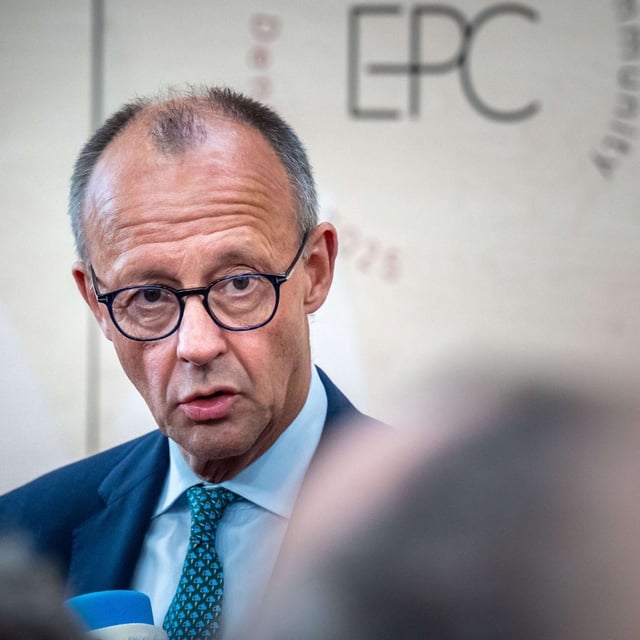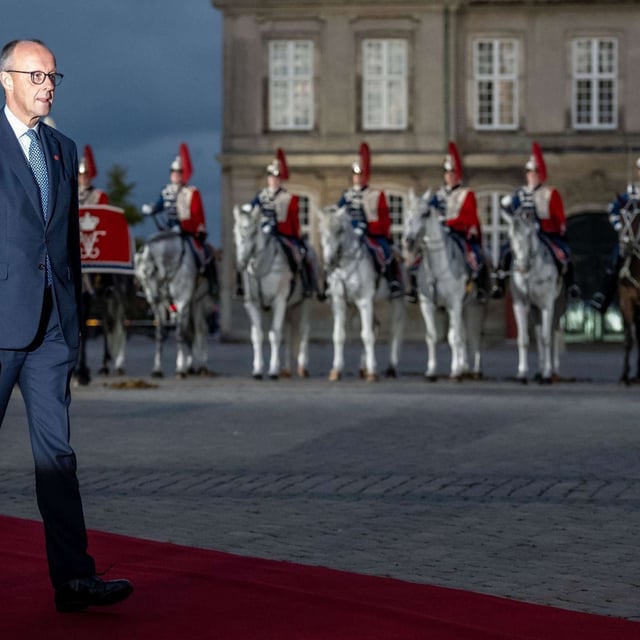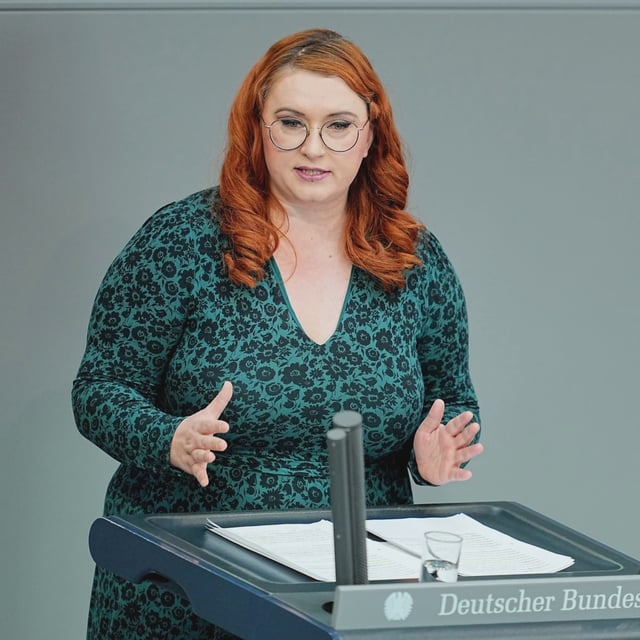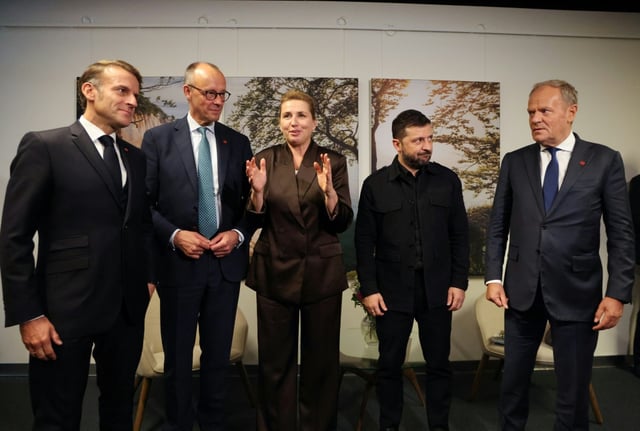Overview
- German Chancellor Friedrich Merz pitched using EU-frozen Russian central-bank funds to back roughly €140 billion in loans for Ukraine’s rearmament.
- Belgian Prime Minister Bart De Wever called the proposal very risky, citing legal exposure, potential reserve outflows that could weigh on the euro, and security threats, saying Euroclear’s chief is under close protection.
- Euroclear, based in Belgium, holds the bulk of the frozen assets, making Brussels a gatekeeper for any plan that goes beyond channeling only the interest income to Ukraine.
- Hungary’s Viktor Orbán criticized the approach, and Italy’s Giorgia Meloni raised concerns over the required member-state guarantees, underscoring the political hurdles that push any implementation months away.
- The Kremlin condemned the idea as theft and warned of consequences, and reporting says President Vladimir Putin signed a decree to speed sales of state property that could facilitate retaliation; about €210 billion is held in Europe, including roughly €185 billion at Euroclear.



